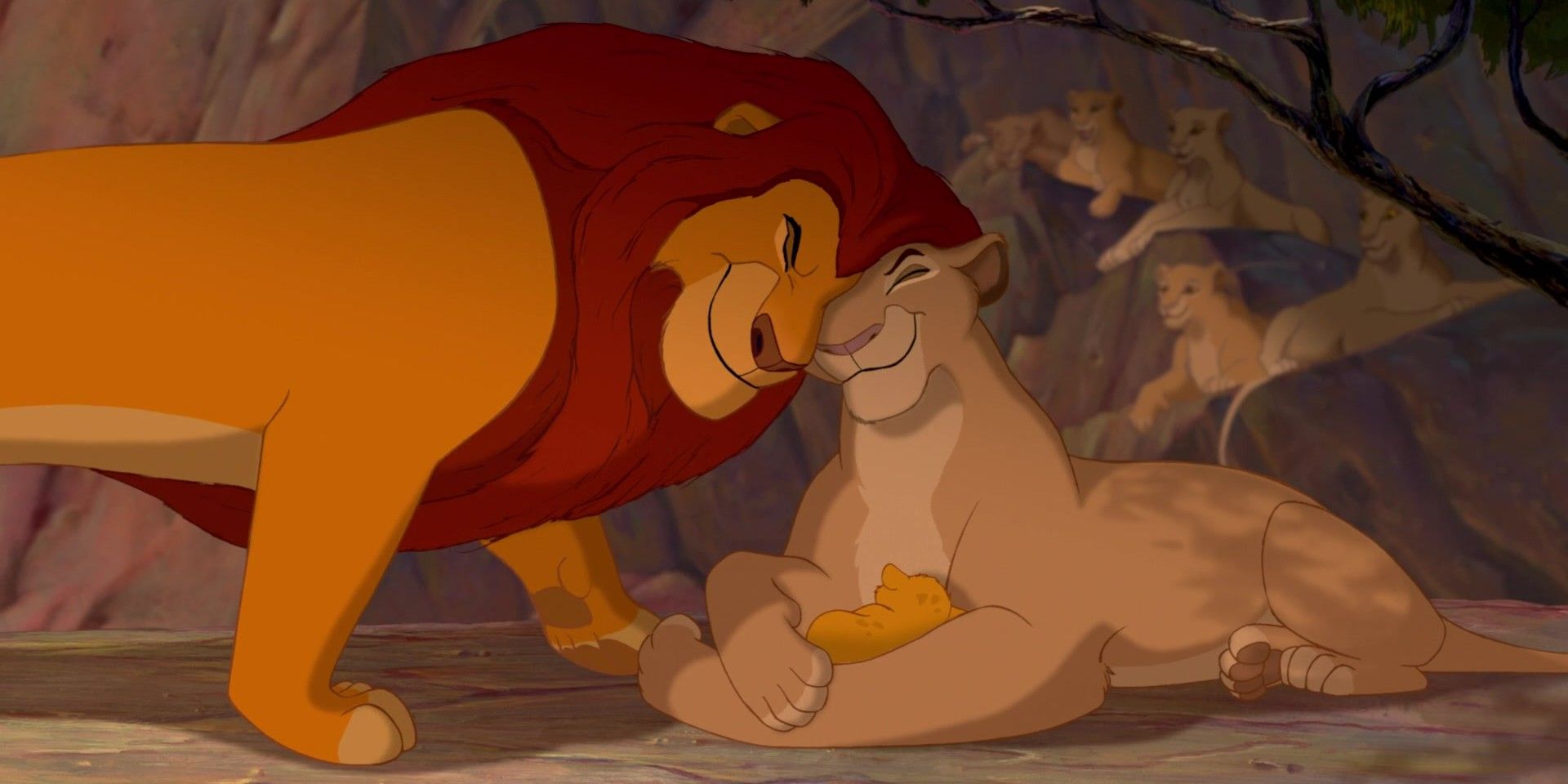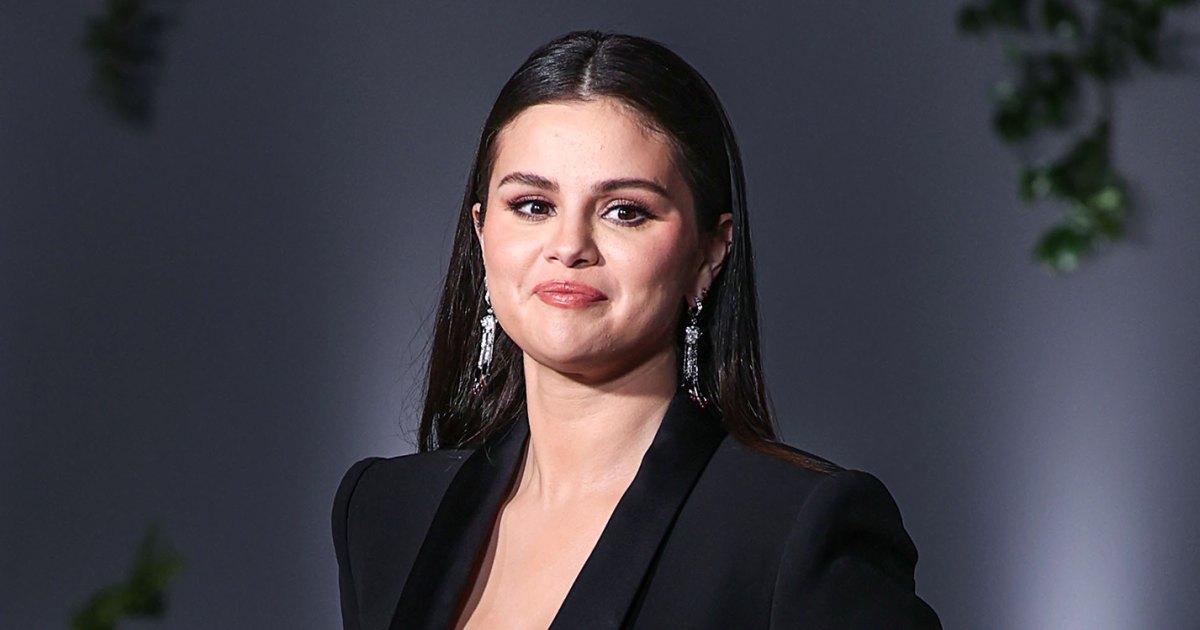
Universal Music Group Pulls Its Music Off TikTok

The decision by Universal Music Group to pull its music off TikTok has sparked a major controversy in the music industry. This move affects over 1 billion TikTok users who will no longer have access to a wide range of popular songs by artists such as Taylor Swift, Ariana Grande, Rihanna, Lady Gaga, Justin Bieber, and many others. The dispute arises from the failure to reach a new licensing agreement between Universal Music Group and TikTok, leading to the expiration of their existing agreement.
The Dispute
Universal Music Group, one of the world's leading music companies, has made the bold decision to remove its music catalog from the popular social media platform, TikTok. This decision has significant implications for the platform's users, who will no longer be able to stream a vast array of songs by top artists such as Taylor Swift, Ariana Grande, Rihanna, Lady Gaga, Justin Bieber, and more. The dispute stems from the failure to renew the licensing agreement between Universal Music Group and TikTok, which expired recently.
In this photo illustration, a TikTok App Logo seen displayed on a smartphone screen in May 2023.
According to Universal Music Group, the decision not to renew the licensing agreement was driven by the inability to secure 'appropriate compensation' for its artists and songwriters. This has led to a standoff between the music giant and TikTok, owned by Chinese tech company ByteDance. Universal Music Group alleges that TikTok proposed to pay only a 'fraction' of the rate that other social media platforms of similar size pay for music licensing. As a result, Universal Music Group has taken a firm stance, leading to the removal of its music from the platform.
The impact of this dispute extends beyond the financial aspects, as it raises questions about the fair compensation of artists and songwriters in the digital age. It also highlights the growing tension between music companies and social media platforms in the digital content landscape. With billions of users at stake, the conflict between Universal Music Group and TikTok has significant implications for the music industry and the future of music streaming on social media platforms.
Accusations and Counterclaims
The dispute between Universal Music Group and TikTok has escalated with accusations and counterclaims from both sides. TikTok responded to Universal's decision by accusing the music company of putting 'their own greed above the interests of their artists and songwriters.' The platform emphasized its role as a free promotional and discovery vehicle for talent with over a billion users, highlighting the value it provides to the music industry.
In response, Universal Music Group accused TikTok of attempting to build a music-based business without paying fair value for the music. The music giant expressed concerns about TikTok's compensation to artists and songwriters, citing that TikTok accounts for only about 1% of their total revenue despite its massive user base and advertising revenue. Universal also raised issues regarding the harmful effects of artificial intelligence on musicians and the lack of online safety measures for TikTok users.
The accusations and counterclaims reflect the complex dynamics between music companies and social media platforms, shedding light on the challenges of fair compensation, artist protection, and content integrity in the digital era. The clash between Universal Music Group and TikTok underscores the ongoing debate about the relationship between music rights holders and digital platforms, with broader implications for the music industry and its stakeholders.
The Future of Music Streaming and Digital Content
The conflict between Universal Music Group and TikTok has sparked discussions about the future of music streaming and digital content consumption. It has raised questions about the role of social media platforms in promoting and compensating artists, as well as the ethical use of artificial intelligence in music creation and distribution. The standoff between these industry giants has brought attention to the need for transparent and equitable agreements that benefit artists, songwriters, music companies, and digital platforms.
As the music industry continues to navigate the evolving landscape of digital content, the Universal Music Group and TikTok dispute serves as a pivotal moment for reevaluating the relationships between music rights holders and online platforms. It underscores the importance of fair compensation, creative integrity, and responsible use of technology in shaping the future of music streaming and digital entertainment.
The outcome of this dispute will have lasting implications for the music industry, influencing the negotiations and agreements between music companies and social media platforms. It also underscores the power dynamics in the digital content ecosystem and the imperative to establish mutually beneficial partnerships that uphold the values of creativity, innovation, and fair compensation for all stakeholders.














